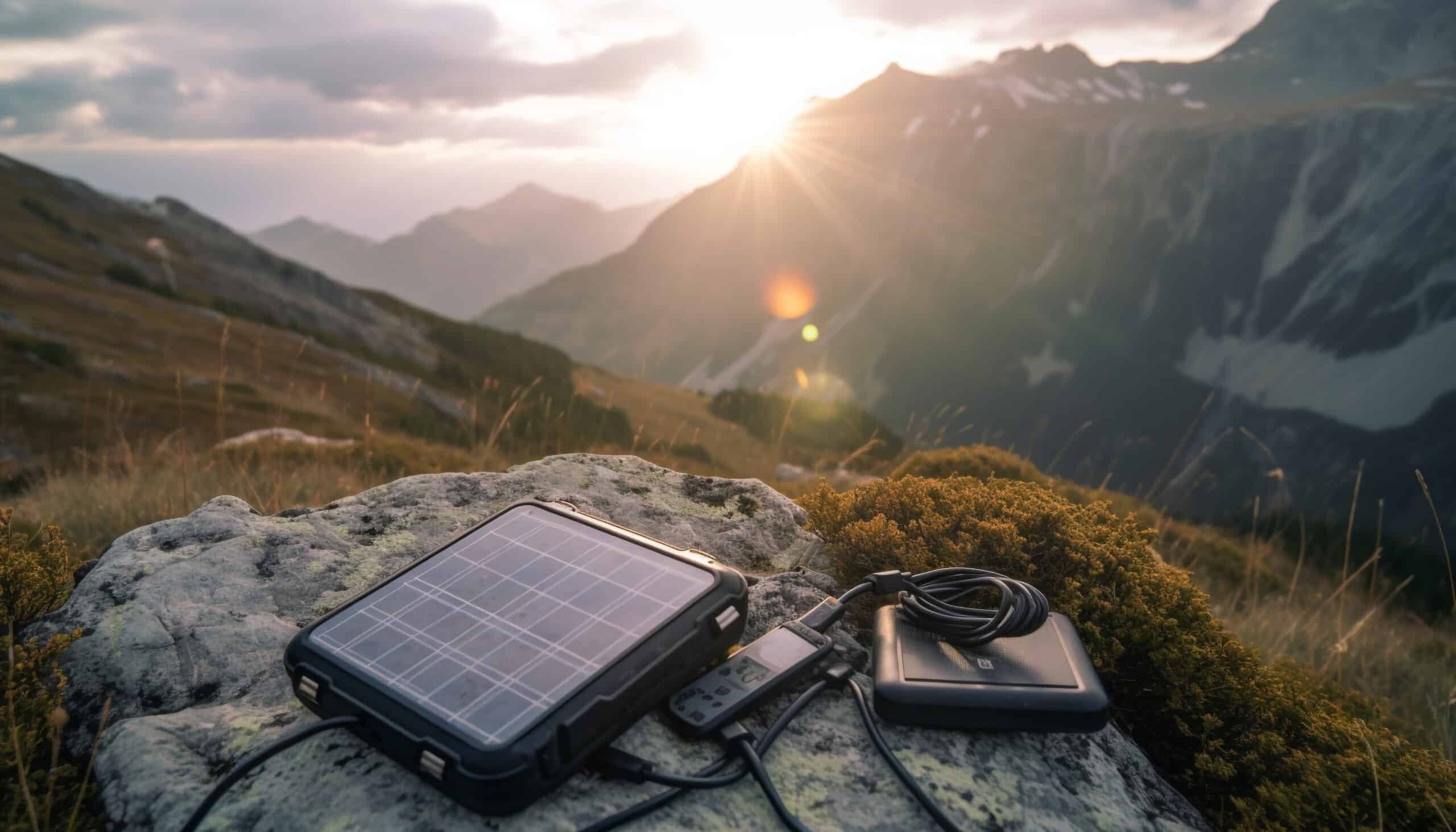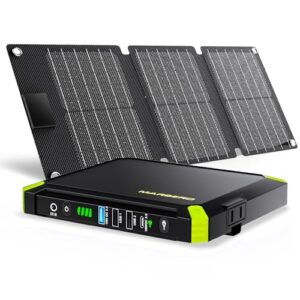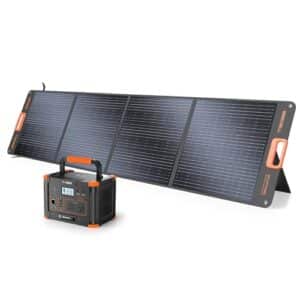Charging Time for Solar Generators?
Key Takeaways
- The average charging time for solar generators usually ranges from 1.5 to 48 hours.
- The charging time can vary depending on factors such as the size of the solar battery, the energy source used for charging, the number and capacity of solar panels, the amount of available sunlight, the positioning of the solar panels, the efficiency rating of the panels, and the battery capacity.
- Factors that affect the charging time include the power input, battery discharge level, charging temperature, type of charge controller, and battery health.
When it comes to solar generators, one common question that arises is how long it takes to charge them. The charging time for solar generators can vary depending on several factors. In this article, we will explore the average charging time for solar generators and the factors that influence it.
Average Charging Time for Solar Generators
The average charging time for solar generators usually ranges from 1.5 to 48 hours, according to various sources. The charging time can vary significantly depending on different factors such as the size of the solar battery, the energy source used for charging, the number and capacity of solar panels, the amount of available sunlight, the positioning of the solar panels, the efficiency rating of the panels, and the battery capacity.
According to Best Generator Solar, the average charging time falls within this range. However, it is important to note that this is a general estimate and can vary depending on specific circumstances.
Factors Affecting Charging Time
Several factors influence the charging time of solar generators. Let’s take a closer look at some of the key factors:
1. Power Input
One crucial factor is the power input, which refers to the amount of power flowing into the battery during charging. The more power flowing into the battery, the faster it charges. The power input can vary depending on the energy source used for charging, whether it’s solar panels, wall outlets, or a car battery.
2. Battery Discharge Level
The amount of discharge in the battery also affects the charging time. If the battery is heavily discharged, it may take longer to charge compared to a battery with a lower discharge level.
3. Charging Temperature
The charging temperature plays a role in the efficiency and safety of the charging process. An ideal charging temperature, typically between 50 and 86 degrees Fahrenheit, ensures maximum safety and efficiency. Extreme temperatures, either too hot or too cold, can affect the charging time.
4. Type of Charge Controller
The type of charge controller used can impact the charging time. An MPPT (Maximum Power Point Tracking) charge controller is known for its efficiency in converting solar power into usable energy, which can result in faster charging times compared to other types of charge controllers.
5. Battery Health
The health and maintenance of the battery also play a role in charging time. An aging or poorly maintained battery may charge slower than a newer and well-maintained one.
Fastest Charging Solar Generators
While the average charging time falls within a certain range, some solar generators are designed to charge faster than others. Here are a few examples of the fastest charging solar generators:
- EcoFlow Delta 1300: This solar generator can be fully charged via AC in 2 hours and via solar in 4 hours at 400W. (source: Best Generator Solar)
- Point Zero Energy Titan: With 1,000W of solar panels, it takes 2-4 hours to fully charge this solar generator with one battery via solar. (source: Best Generator Solar)
- Bluetti AC200P: This solar generator can be simultaneously charged in 2.5-3 hours with a 400W AC charger and a 700W solar input. (source: Best Generator Solar)
- Jackery Solar Generator 2000 Pro: According to CNET, this is one of the fastest charging solar generators mentioned in their text.
- Geneverse HomePower TWO Pro: As mentioned in Good Housekeeping, this solar generator can reach a full charge in two hours or less using an AC wall outlet.
Conclusion
In conclusion, the average charging time for solar generators can range from 1.5 to 48 hours, depending on various factors such as the size of the solar battery, the energy source used, the number and capacity of solar panels, the amount of available sunlight, the positioning of the panels, the efficiency rating of the panels, and the battery capacity. Additionally, factors like power input, battery discharge level, charging temperature, type of charge controller, and battery health also influence the charging time. While the average charging time falls within a certain range, some solar generators are designed to charge faster than others.
Related Websites:
- Best Generator Solar – How Long Does It Take to Charge a Solar Generator?
- EcoFlow – How Long Does a Solar Generator Take to Charge?
- Generator Priest – How to Charge a Solar Generator?
- Best Generator Solar – Fastest Charging Solar Generators
- CNET – Best Solar Generators of 2021
- Good Housekeeping – 8 Best Solar-Powered Generators for 2021
- Solar Generator Guide – Solar Sizing Calculations
- Solairworld – Will My Battery Charge Faster with a 24V Solar Panel?
- EcoFlow – Understanding Battery Capacity
FAQs:
Q: Why are solar generators becoming popular among homeowners?
Solar generators are gaining popularity among homeowners due to their ability to provide clean and renewable energy. They offer a reliable backup power source during emergencies and can significantly reduce electricity bills.
Q: What is the charging time of a solar generator?
The charging time of a solar generator varies depending on several factors, such as solar panel efficiency, sunlight intensity, battery capacity, and the presence of a charge controller. It is important to check individual product specifications for accurate charging time information.
Q: How can I optimize the charging time of my solar generator?
To optimize the charging time of your solar generator, you can follow these tips: position your solar panels properly to maximize sunlight exposure, regularly clean the panels and check for any damages, and consider upgrading components like solar panels or batteries for improved charging speed.
Q: What factors affect the charging time of a solar generator?
Several factors can influence the charging time of a solar generator. These include solar panel efficiency, sunlight intensity, battery capacity, and the presence of a charge controller. Higher efficiency panels, greater sunlight intensity, larger battery capacity, and an efficient charge controller can help reduce charging time.
Q: What are the benefits of using solar generators?
Using solar generators has various benefits. They provide clean and renewable energy, reduce reliance on the grid, offer backup power during emergencies, and can lead to significant savings on electricity bills in the long run. Additionally, solar energy is environmentally friendly and helps reduce carbon emissions.






